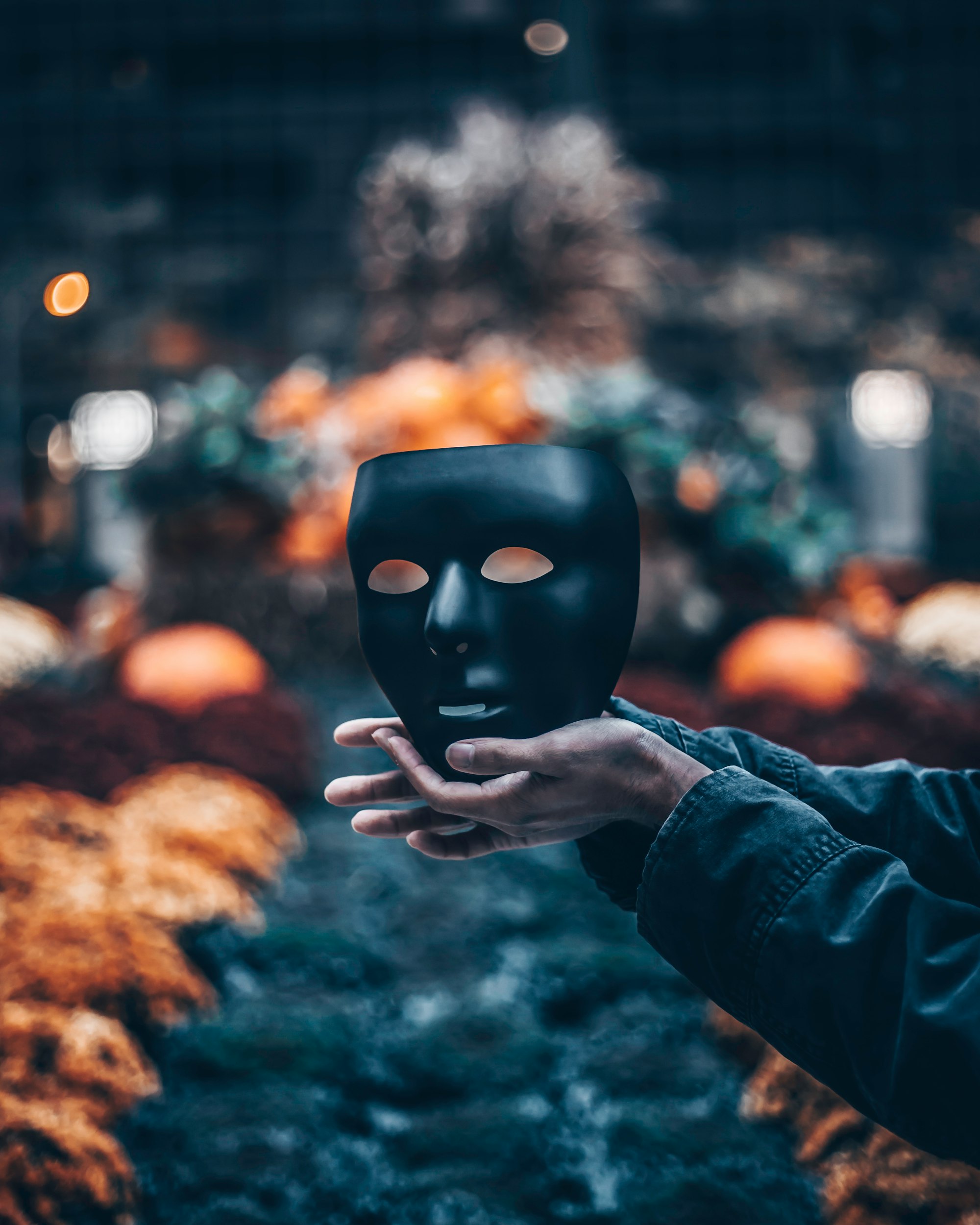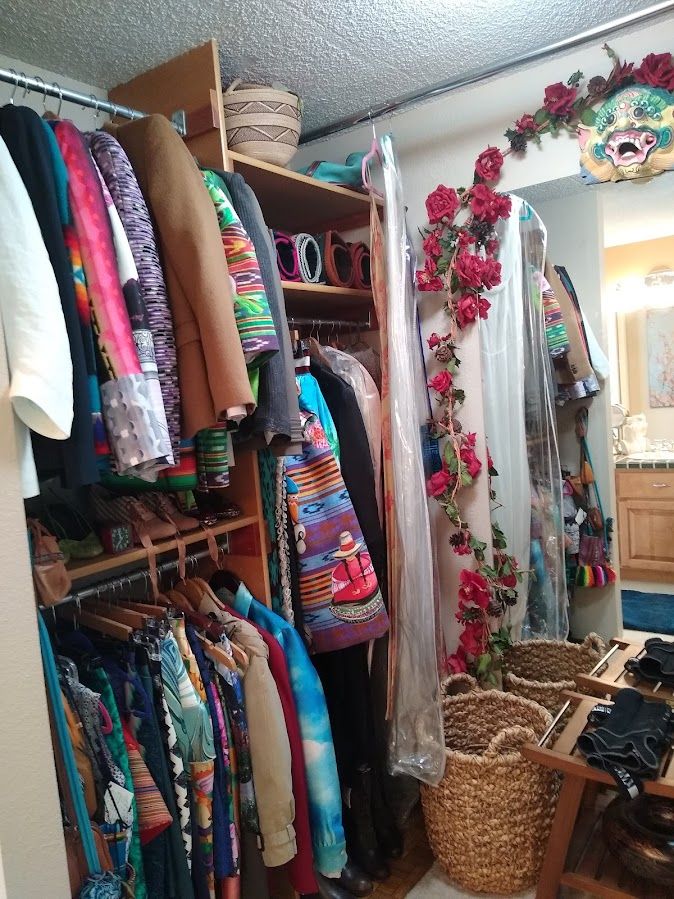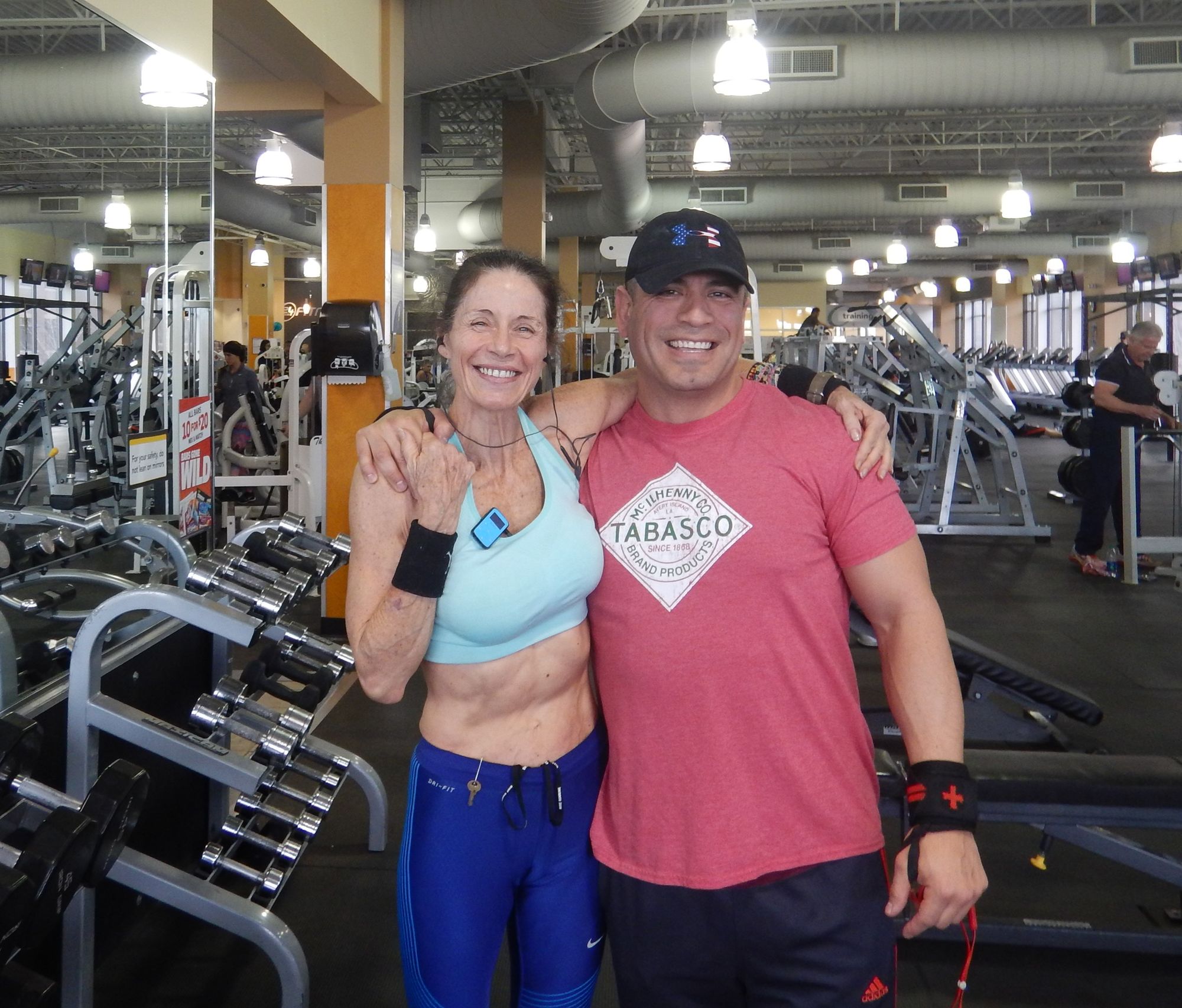
This has nothing at all to do with Covid. This is about the lies we tell ourselves, and the terrible cost we pay.
I leave for the coast in about an hour. Breakfast in Florence, then I am going hiking with a brand new friend and her very large half-Rottie, who apparently likes me a lot.
Before I do that, though, I have been schlepping some thirty pairs of shoes and boots to a staging area, the guest bedroom. On March 25th, those shoes (with BIG designer names) along with 45 pieces of absolute tippy-top designer clothing, will be loaded into my Honda for a drive to Portland. There, Stacy from the online consignment site The Real Real, will be taking my Fake Designer Lifestyle off my hands.
It's a huge first step, final step after years of buying clothing I never wore for a lifestyle I never led, and costing myself endless fortunes in time, money and despair.
I have more to do. But by the time my beloved fashionista friend Sonja arrives on April 8th, the wardrobe she knows will have been reduced to a minute sliver of its former self.
I once had eight wardrobes of clothing crammed so tightly it was impossible to get a finger between the hangers. Two hundred and fifty pairs of shoes and boots. Umpteen scarves, hundreds of pieces of jewelry. I had to buy a bigger house JUST for my clothing alone. Really? Yep. Really.
This is what a shopping Jones looks like. I have a tendency to develop Obsessive-Compulsive Disorders. This was one of many.
What the fuck was I thinking?
You aren't. You're scratching a never-ending itch.
I once made fun of my Depression-era father who, when the local news announced that there would be a toilet paper shortage, cleared off the entire row of TP at his local Kroger store to line the inside of my folks' tiny retirement apartment. That was funny.
At least that particular compulsion was cheap. Designer clothes aren't. My hoarding just cost a great deal more.
But this is much bigger than simply hoarding clothing. Stripping away the fancy duds also reveals the lies that I bought hook, line and sinker from the moment I first noticed how fashionable my mother was, wanted to be, and tried hard to maintain as she aged.
Like all insecure adolescents, I completely sucked in all the available messaging in magazines which featured rail-thin girls in fabulous clothing and shoes. I imagined, as the ads sold, that if I dressed like that, looked like that, I would be worthy of love. Have friends, be popular, blah blah blah.
As I have written elsewhere, I eventually lost a ton of weight, and suddenly I really could wear that kind of clothing. So I threw myself into fashion the same way I go full-bore into everything.
I became an expert shopper, finding very high-end designer stuff at 75-80% off or more, and dressing like I made $500k a year. One extremely funny incident came out of that: during a year when I barely made $17k BEFORE expenses, I showed up at a conference wearing a Givenchy jacket I had scored at a discount house down in Tucson for $100. It had originally priced at close to $4000.00.
How can ANYONE justify such a price? But I digress.
Duly impressed and utterly fooled by the fakery, one man, who had by that time written many books on diversity, took my card and sent me boxes of his books, begging me to hire him. He was at the time likely making easily twenty times what I was making. This is the cost of being inauthentic. I later found it very funny, but I felt exposed.
Should have felt exposed. Because like so many of us who spend way too much money to LOOK rich, I did look rich, and it actually cost me a lot of money. People demanded that I speak for free when for years I was having a rough time paying myself a salary. I dressed like I made seven figures a year. That is just one of the costs of such dishonesty.
Robin Williams would have a field day with such idiocy. I do now, but back then it was serious business.
I learned this mostly from my mother, who was a high-society girl. She married my father, full of dreams, and ended up a poor chicken farmer's wife in Central Florida. Yet she felt strongly about putting up a good front, as she called it, which was another way of saying how disappointed she was in her conditions. She dressed beautifully, spoke well, knew six languages.
She wanted people to believe her life was perfect. That she wasn't dirt poor.
Like we all do.
Social media and Instagram culture feeds this most human of compulsions, to be able to show off a life that looks incredible to get the envy of our friends, even as we spend our way to the poor house. A Caddy outside a tumbledown shack, a Louis Vuitton handbag worth an entire mortgage payment that you can barely make as it is.
We are so easily manipulated. I sure was. After incest, sexual abuse and rapes, the blame society loves to place at the feet of victims encouraged me to cover everything up with gorgeous clothing, shoes and jewelry.
It doesn't matter how pretty the paint if the house has foul foundations.
The richer my life looked, the more people hated me. Especially other women. They assumed I had SCADS of money, men falling all over themselves to date me, blah blah blah. I was incredibly lonely. Well dressed, wickedly lonely.
I was the Wizard of Oz, in my own way, long before Instagram, trying so very hard to sell a version of my life that had no basis in reality.
What I had was an empty house, SCADS of bills for SCADS of clothing, jewelry and accessories and shoes and boots I would never wear. Nobody asked me out, I didn't go out, and the gowns went unworn but for the official cocktail parties for work. Those were the silly reasons I kept justifying more purchases for the life I would never lead.
I also went through a period of collecting expensive leather handbags that I never used, because I carry around a Daytimer. It's efficient, a small pocket carries all my girl stuff. I am not a purse girl and I sure as hell don't REALLY believe that a bag makes me look important. Stupid, maybe, like this:

I never bought any of those, mind you, but I did have a room full of bags which were never used once. All which, at some level in the farther reaches of my mind, I believed would make up for all that I lacked: self confidence, self-love.
This is perhaps why it's fairly easy to spot fake Influencers. I was never an Influencer in today's understanding of the term, for it got me nothing, I most certainly tried awfully hard to sway opinion about me. It worked, too, to my detriment.
Lies never work in the long run. The ones we tell ourselves are among the worst. Modern advertising, just like the evilly effective use of chemicals in ultra-processed food, is designed to speak to those taste buds in us most desperately wanting validation.
The Truth Has to Tumble
About ten years ago a friend of mine, well aware of my battle with compulsively purchasing clothing and all the goodies to go with them, suggested that I watch the terrific BBC documentary Century of the Self:

I was stunned. Not only that, I was horrified that I had been led down the yellow brick road by the nose for years on end because of what I had been made to believe I "had to have," a perennially favorite phrase of the fashion industry.
It isn't just that my compulsive, deeply insecure habit was ruining me, it ruins the planet, too. We love to go after oil companies et. al. about their environmental abuses. Kindly see this article about the articles we drape ourselves with, and the cost to the earth of our vanity.
So it's a moral responsibility as well to let go of such nonsense.
I still love designer things, and I love to see the artistic talent of that industry express itself every September. However I stopped buying fashion mags years ago, which truly helped me contain that urge to find The Next Big Thing that I never wore.
In doing this I usher out far more than a lifestyle which acted as a ship's anchor.
The small closet- certainly by comparison, that I have left, has plenty of room. I am going to be moving some of my adventure gear into it for one simple reason: that IS my wardrobe. That IS my life.

I love, but will never wear, the beautifully-colored jackets and skirts which are now slated for The Real Real. Like all dysfunctional relationships, it serves us to bid a fond goodbye to those habits which cost us, but which also carved us into who we are today. Just as a recovered alcoholic wakes up grateful, I do, too. Those journeys taught me compassion, empathy and deep understanding. Those came at great personal cost.
We pay for our growth. We pay for our realizations, our new ways of seeing, and being able to see a new and better way forward. Life is expensive in that way, and not all of us are willing to pay THAT price.
So while a part of me would sure love those funds back, those compulsions funded an education.
And that, above all, is priceless.
Now I'm going to lace up my running shoes, and go out into the day looking precisely like who I really am.



Comments powered by Talkyard.